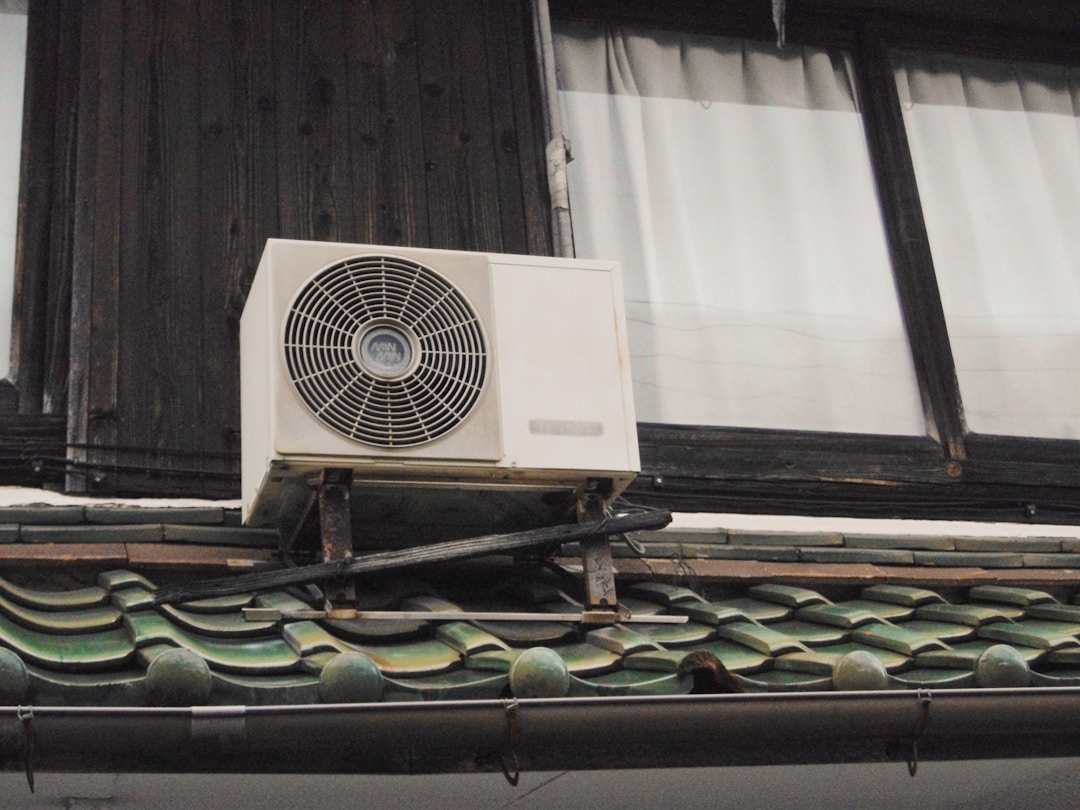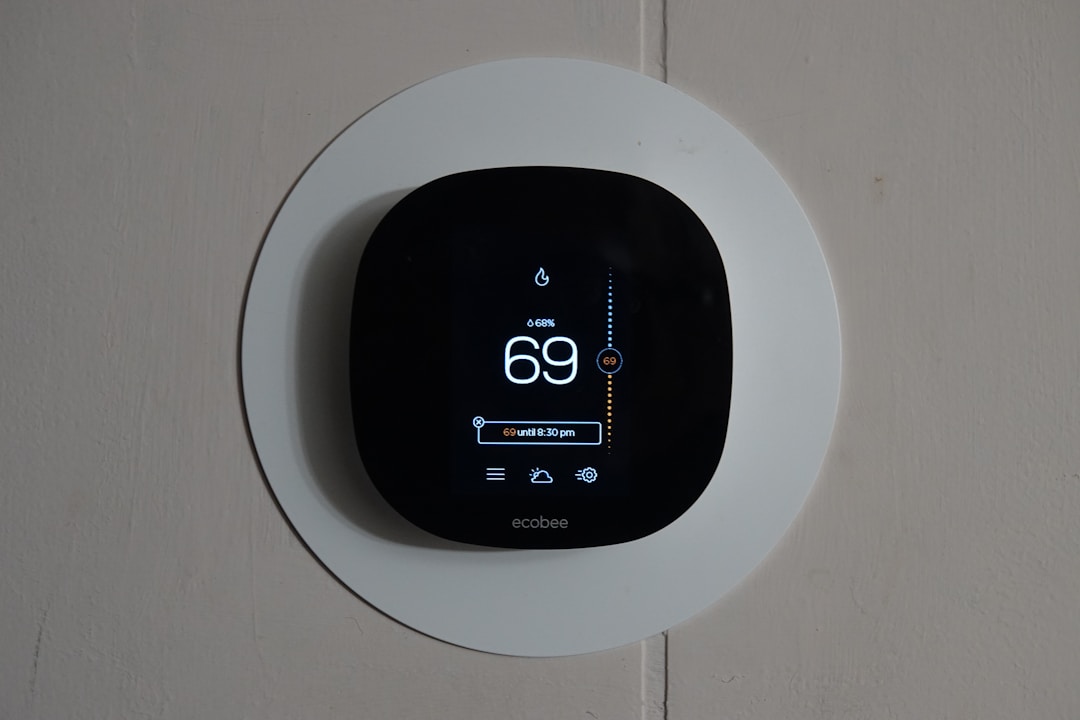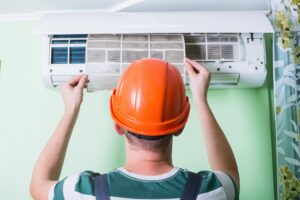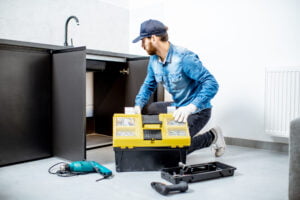Choosing the right AC system for your home is a big decision that affects your comfort, energy bills, and even the value of your property. It involves more than just picking the most expensive or the least expensive model. There are several factors to consider, from the size and layout of your home to the local climate and your personal comfort preferences. Keep reading to discover vital tips on how to choose the right AC system for your home.
Understanding Your Cooling Needs

Understanding your cooling needs is an important first step when choosing the right AC system. Different households have different cooling needs depending on factors such as the size and location of the home, the occupants’ lifestyle, and the budget. For instance, if you live in a hot climate like Las Vegas, your cooling needs might be higher than someone living in a cooler environment. The cooling capacity of an AC system is determined by its BTU (British Thermal Unit) level. A higher BTU indicates more cooling power, but it doesn’t necessarily mean the unit is better.
A system that is too powerful will cycle on and off frequently, leading to increased energy costs and reducing the lifespan of the system. Also, the size and layout of your home will influence your cooling needs. A two-story home or a home with high ceilings requires a different approach than a single-story home or an apartment. A company that provides AC installation Las Vegas NV will perform a detailed evaluation of your home to determine the best AC system for you. They can also assist you with maintenance and repairs. Your system should be inspected annually and have the filter changed at least once every 90 days.
Energy Efficiency
Energy efficiency is a consideration when choosing an AC system as it directly affects your energy bills. The Energy Efficiency Ratio (EER) and the Seasonal Energy Efficiency Ratio (SEER) are two indicators of an AC system’s energy efficiency. The higher the EER and the SEER, the more energy-efficient the system is. Although energy-efficient models can be more expensive initially, they can save you money in the long run by reducing your energy bills. You could also look into saving money and reducing your carbon footprint in other ways, like installing a smart thermostat.
Aside from choosing an energy-efficient model, the system has to be installed correctly. Poor installation can reduce system efficiency by up to 30 percent, increasing your energy costs and potentially shortening the equipment’s life. Make sure to hire a professional for the installation to get the most out of your new AC system. Energy Star is a trusted symbol for energy efficiency. Models that have earned the Energy Star are independently certified to save energy without sacrificing features or functionality. Look for the Energy Star label when shopping for an AC system.
Your Local Climate

The climate in your area is an essential factor to consider when choosing an AC system. If you live in a hot and humid climate, you might need a more powerful system or one with a dehumidifier. Conversely, if you live in a cooler area where you only need AC for a few months per year, a less powerful model might be sufficient. Some systems are better suited for certain climates than others. For instance, evaporative coolers, also known as swamp coolers, work best in hot, dry climates.
Central air conditioners are usually more efficient in hot and humid climates. Professional HVAC contractors can help you choose the right system for your local climate. They have the knowledge and experience to recommend the best options based on your specific needs and the climatic conditions in your area.
As you can see, choosing the right AC system can seem like a daunting task, but it’s certainly doable with some research and professional guidance. Take your time, consider the factors we’ve discussed, and you’ll be well on your way to a comfortably cool home. Though this can be an investment and require effort on your part, the rewards are well worth it. Follow our advice and you can trust that your home will be temperate for years to come.























